-
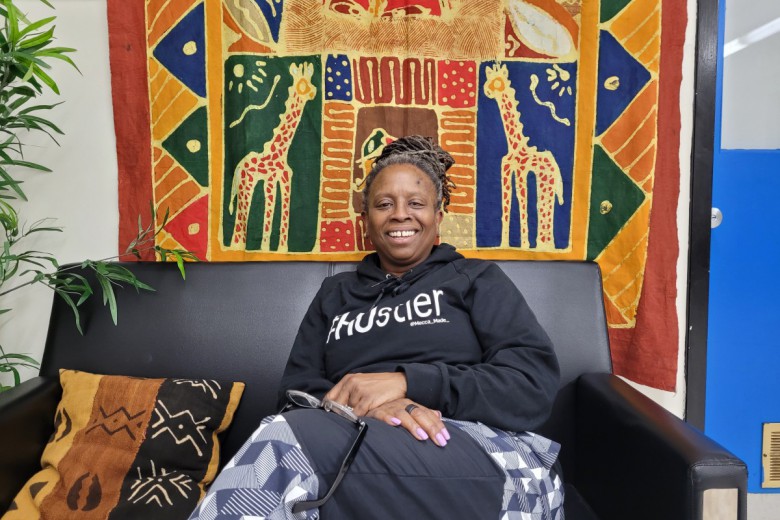
by Sarah George Feb 6, 2024 7 min read
-
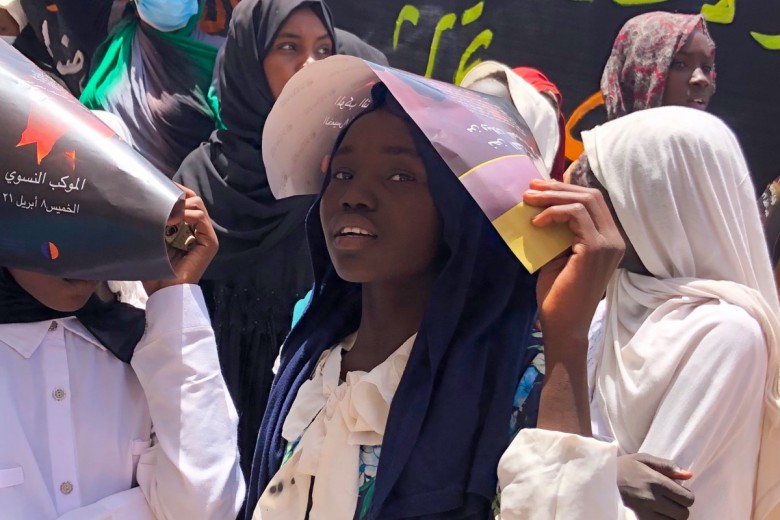
by Ola Idris and Dinan Alasad Feb 5, 2024 11 min read
-

by Fitsum Areguy Apr 26, 2023 5 min read
-
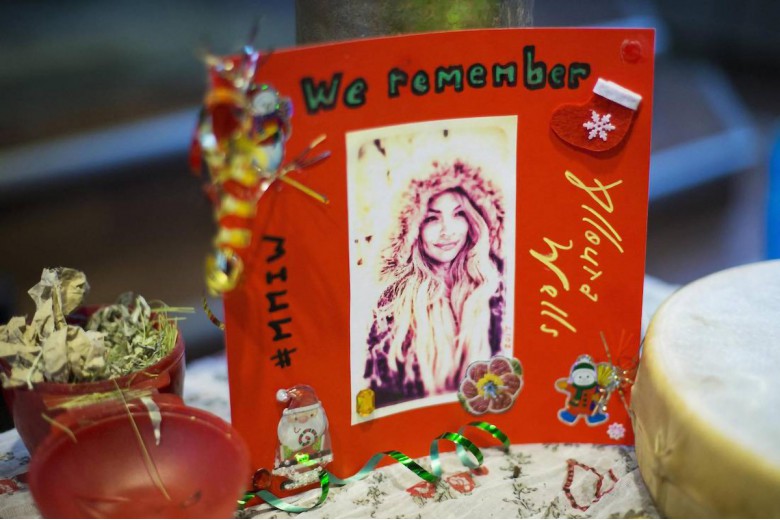
by Ellie Ade Kur and Jenny Duffy Mar 23, 2022 11 min read
-
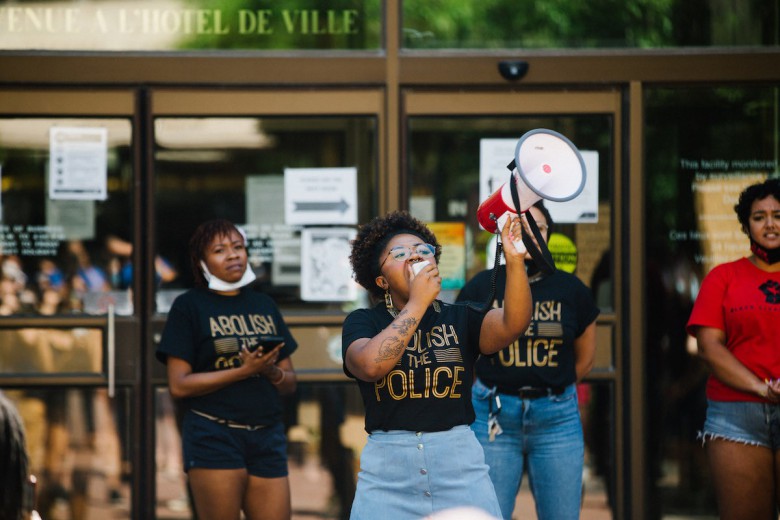
by Jayda Hope Mar 3, 2022 9 min read
-
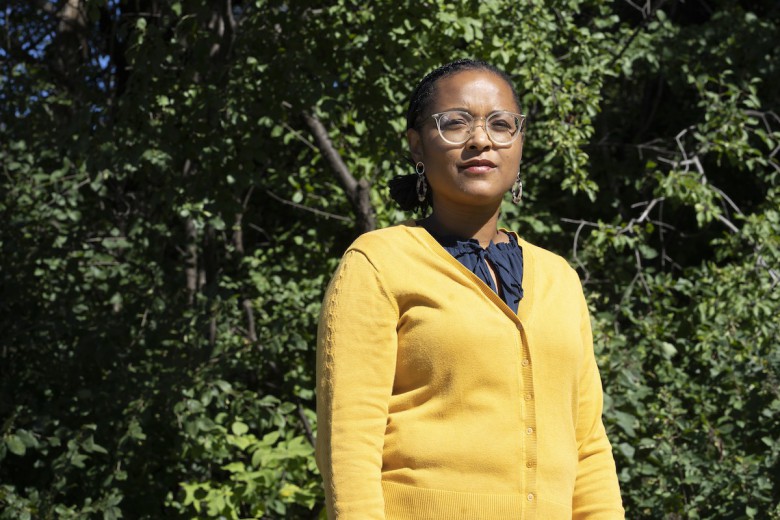
by Claire Nicolson-Hurtig Nov 4, 2021 15 min read
-

by M. NourbeSe Philip May 3, 2021 2 min read
-
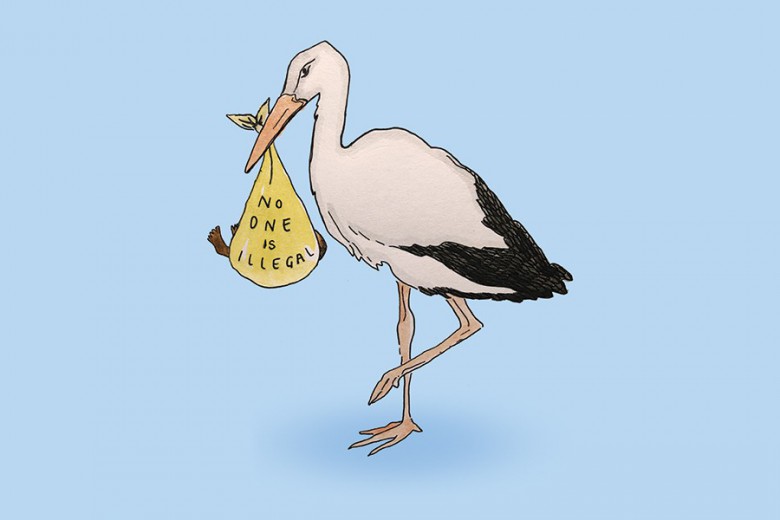
by Queen, Jen Bagelman, and Geraldine Pratt Mar 1, 2021 3 min read
-
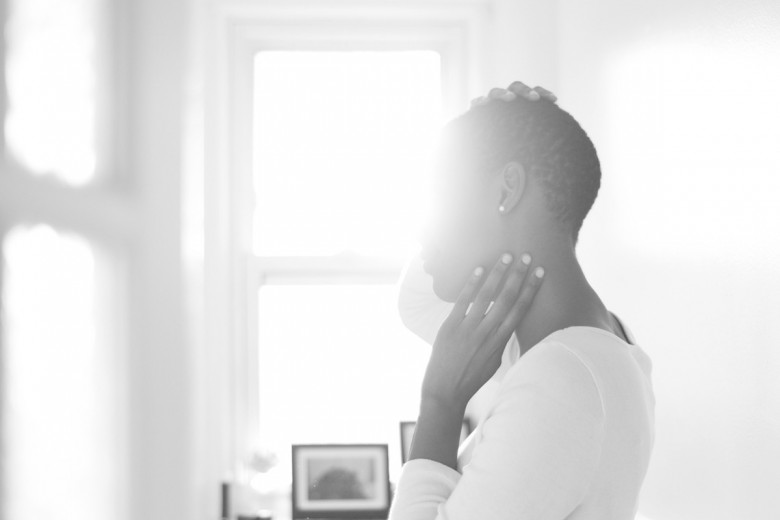
by Grada Kilomba Feb 18, 2021 6 min read
-
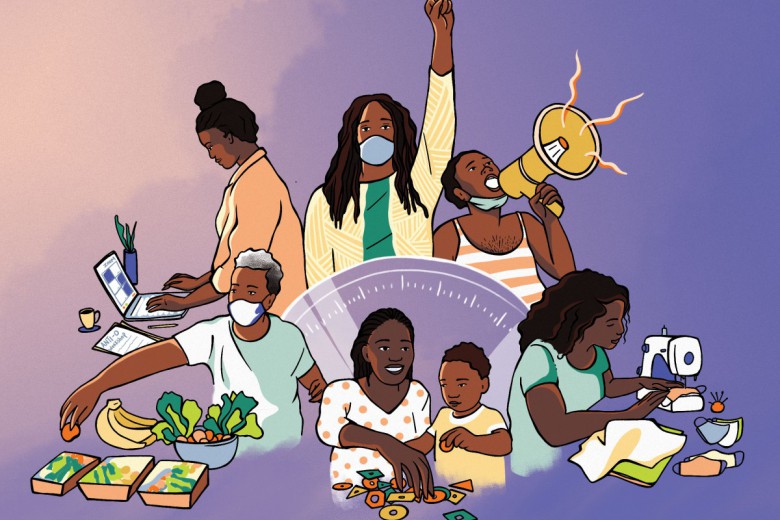
by Hawa Y. Mire Oct 28, 2020 16 min read
-
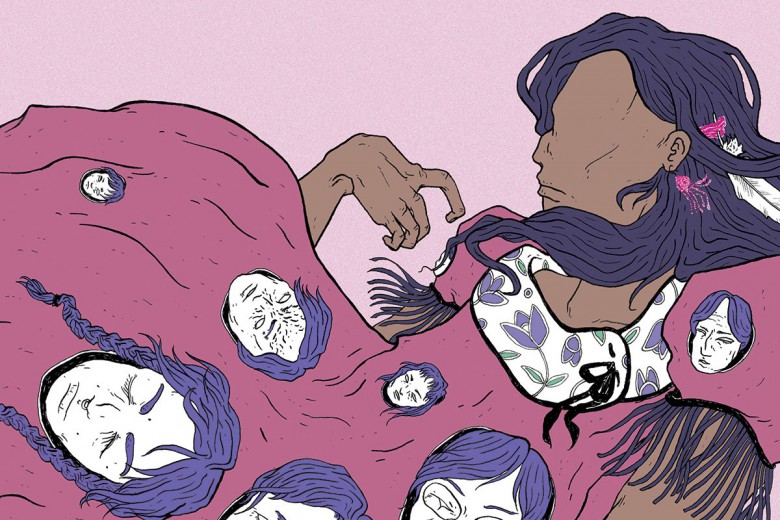
by jaye simpson Sep 10, 2020 8 min read
-
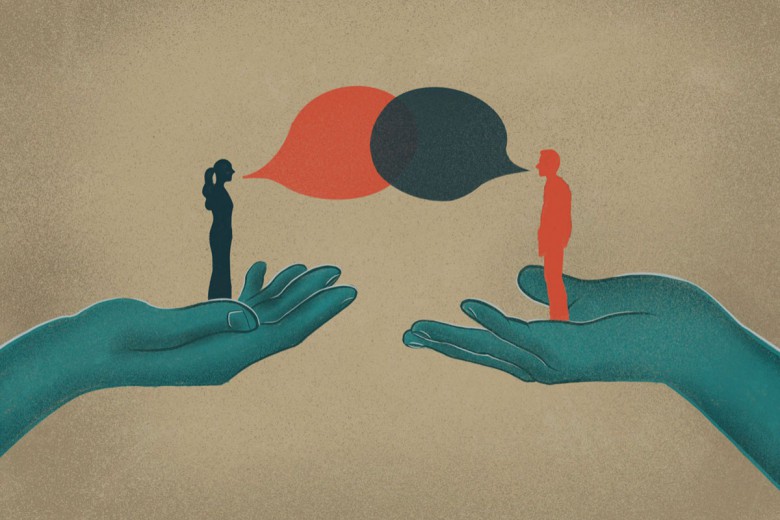
by Talia Gruber Jul 2, 2020 19 min read
-

by Marie-Michelle Melotte Mar 3, 2020 8 min read
-
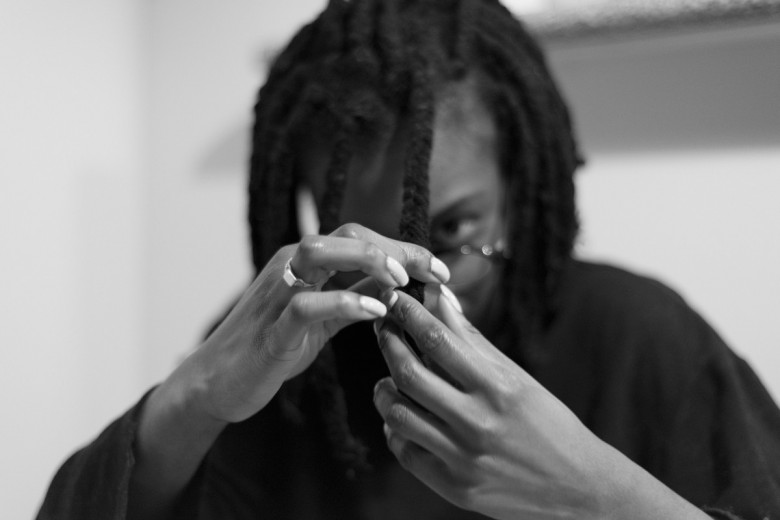
by Solana Cain Feb 27, 2019 2 min read
-
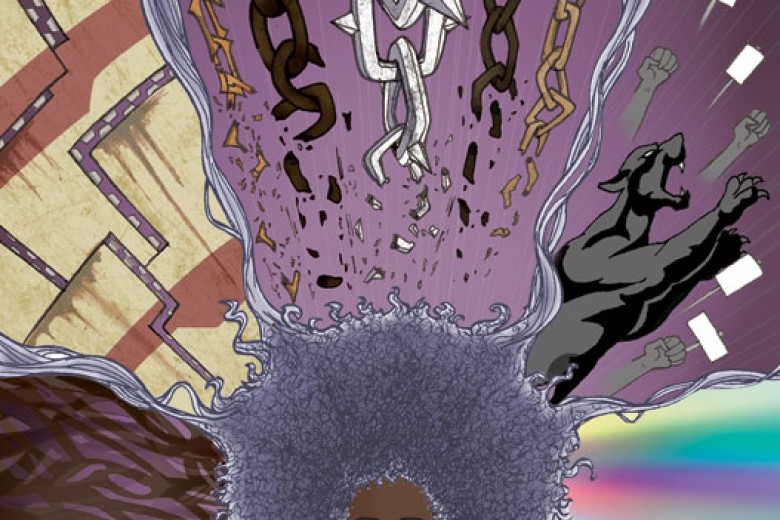
by Rachel Zellars and Naava Smolash Sep 3, 2016 14 min read
-

by Rachel Zellars and Naava Smolash Aug 16, 2016 11 min read
-
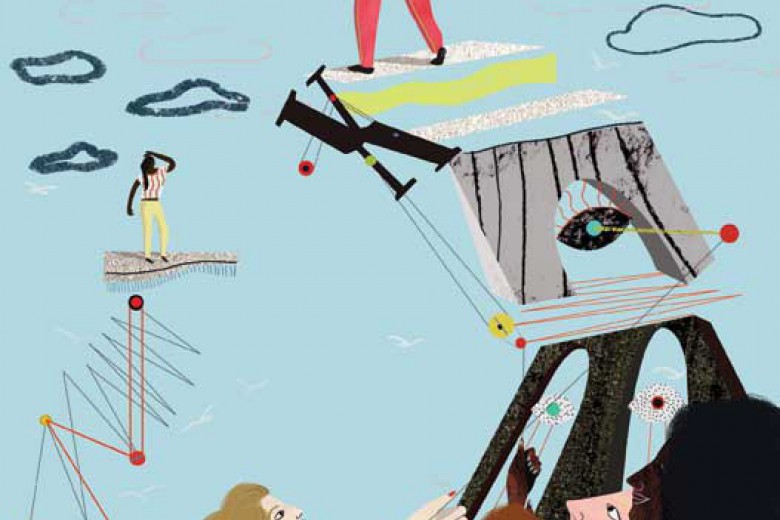
by Nora Loreto Apr 18, 2016 7 min read



















